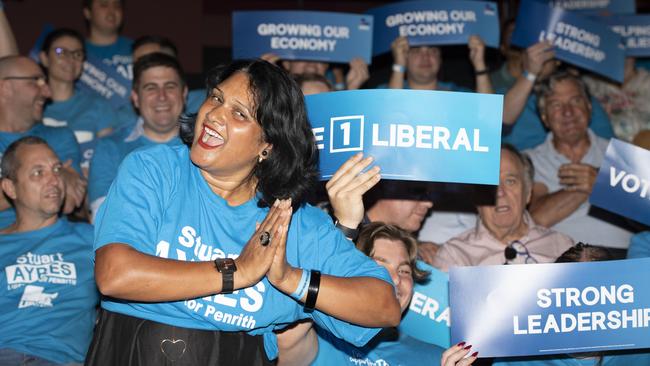
Tony Blair and his New Labour had swept the board in the 1997 election, claiming 418 of the 659 seats in the House of Commons, and turfing out Conservative big dogs such as Michael Portillo. In 2001, Blair engineered another landslide, losing only six seats to sustain a massive majority in the Commons. The Conservatives managed a dismal net gain of one seat.
So as delegates gathered in Bournemouth, they were expecting to be confronted by some plain talk and hard truths. Newly appointed Conservative Party chair Theresa May took to the stage and did not disappoint. “There’s a way to go before we can return to government. There’s a lot we need to do in this party of ours. Our base is too narrow and so, occasionally, are our sympathies,” May bluntly told the conference, before adding: “You know what some people call us: the nasty party.”
May went on to accuse colleagues of “trying to make political capital out of demonising minorities”, and asked rhetorically how it could possibly be that of 38 new Conservative MPs elected, only one was female and none were from an ethnic minority.
The UK Conservatives faced serious challenges in the early 2000s. They were compelled to undertake some soul-searching and refresh their party structures, machinery and policy offering.
But they took Theresa May’s injunction to heart. They broadened their base, they increased the breadth and diversity of their candidates, they modernised their party machinery and policy offering and, under David Cameron as leader, they shed their image as the “nasty party”.
The Conservatives have governed the UK continuously since 2010. There is nothing unusual in a mainstream political party needing to go through a period of reflection and renewal.
Though it may feel like it now, and it can be tempting to conjure a “burning platform” scenario to create a sense of urgency, the Liberal Party in Australia is not facing an existential crisis.
Liberal values and our principles – a belief in the sanctity and freedom of the individual, a belief in limited government, and a commitment to social mobility and enabling people to make their own way and their own choices in life – remain sound and relevant.
In fact, in the modern era in which we live, these values and principles are more relevant than ever. The task ahead is that which has faced all mainstream centre-right parties from time to time: to translate these principles into policies that speak to a new generation of Australians.
Millennials (aged 27 to 42) now match Baby Boomers (aged 59 to 77) as the largest single generation in Australia, and will soon eclipse them. Voters under 55 make up 60 per cent of Australia’s voting age population. This is the demographic where the Liberal Party is struggling the most. If this weren’t clear after the 2022 federal election, it should be manifestly apparent after the Aston by-election.
These younger voters should be fertile ground for the Liberal Party and our values. They value their personal freedoms and individual liberty, are well educated, entrepreneurial and ambitious, embrace flexible careers, see themselves as individuals rather than part of a collective, back their own abilities, welcome technology and innovation, and disavow class warfare and other contrived distinctions. They want to see an enduring settlement reached with Indigenous Australians, something we must keep in mind in our attitudes toward the Indigenous voice proposal. And they have little patience for outdated attitudes on climate or equality, or what Theresa May called out as the “demonising of minorities”.
But at the 2022 federal election, we did not speak to the ambitions or aspirations of this generation with our policies. We did not address in a meaningful way their aspirations for home ownership, increasingly out of reach for many younger Australians. We did not seek to help them with the costs of having, raising and caring for children, especially given the reality of the modern family unit in which both partners work. We did not engage with the increasing expenses of tertiary education and the growing levels of student debt. And we did not communicate with them in the mediums and formats they consume.
Compare this with the Howard government, which spoke directly to the aspirations of this generation of Australians, introducing measures such as the first-home owners grant and the baby bonus in the early 2000s.
This is not so much a question of left versus right, as one of old versus new: of translating our values into policies that suit the circumstances of a new generation, and employing the correct tools and avenues to reach them. If we can update our policy agenda with ambitions to suit the times, and couple this with a modern communications strategy, then we can attract new and younger members and recruit better and more diverse candidates.
Some of the organisational challenges we face, including an elderly and declining membership base, and a narrow pool of candidates, will fix themselves.
Politics is as much about the people you choose to speak to as it is what you have to say. Unless and until we speak to this younger generation of Australians and their aspirations for a better life, we should not be surprised if they do not choose to vote for us. An updated policy agenda that is faithful to our values but suited to modern times and challenges: this is what Liberal renewal requires.
Dave Sharma is the former Liberal member for the Sydney seat of Wentworth.


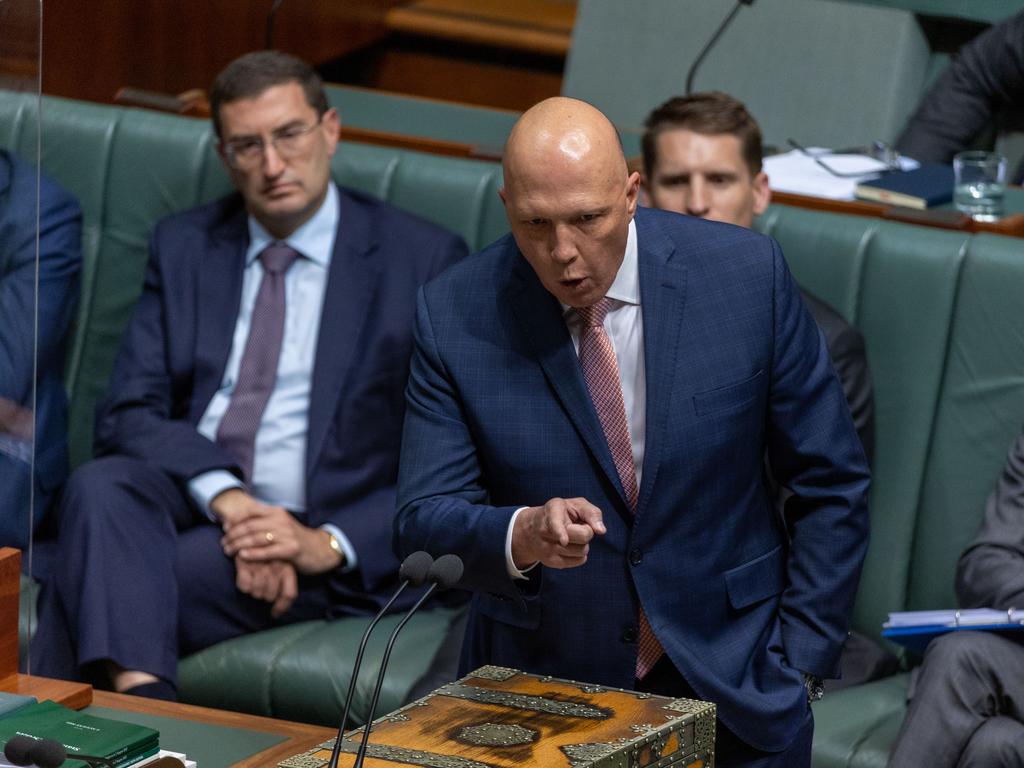
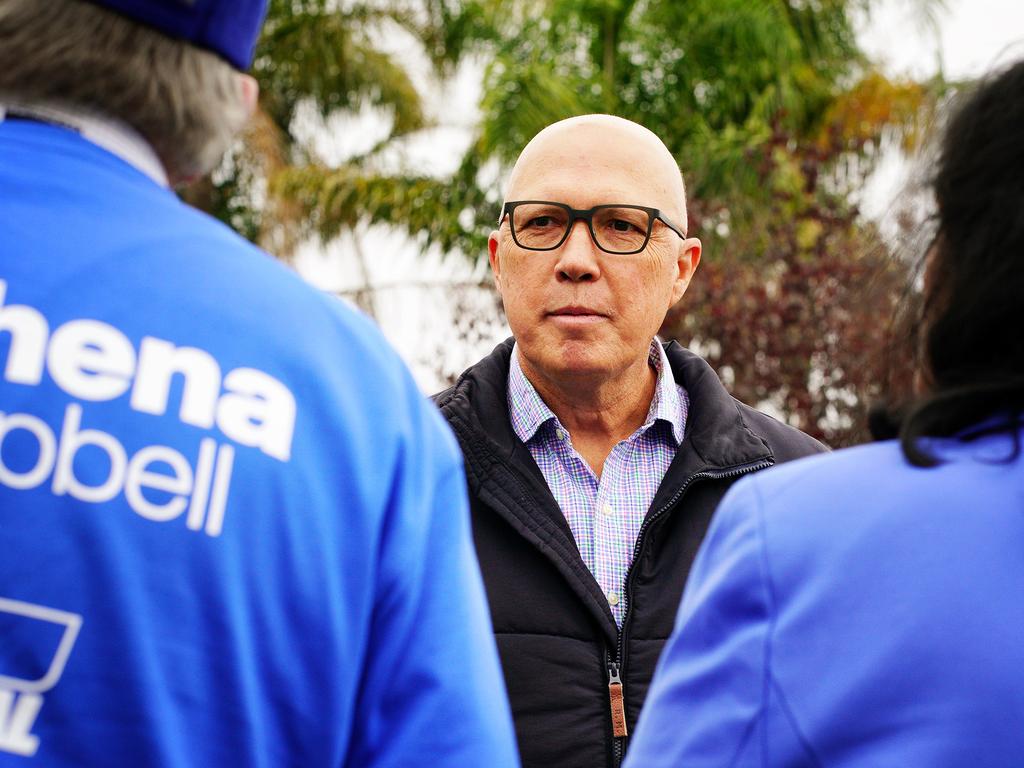
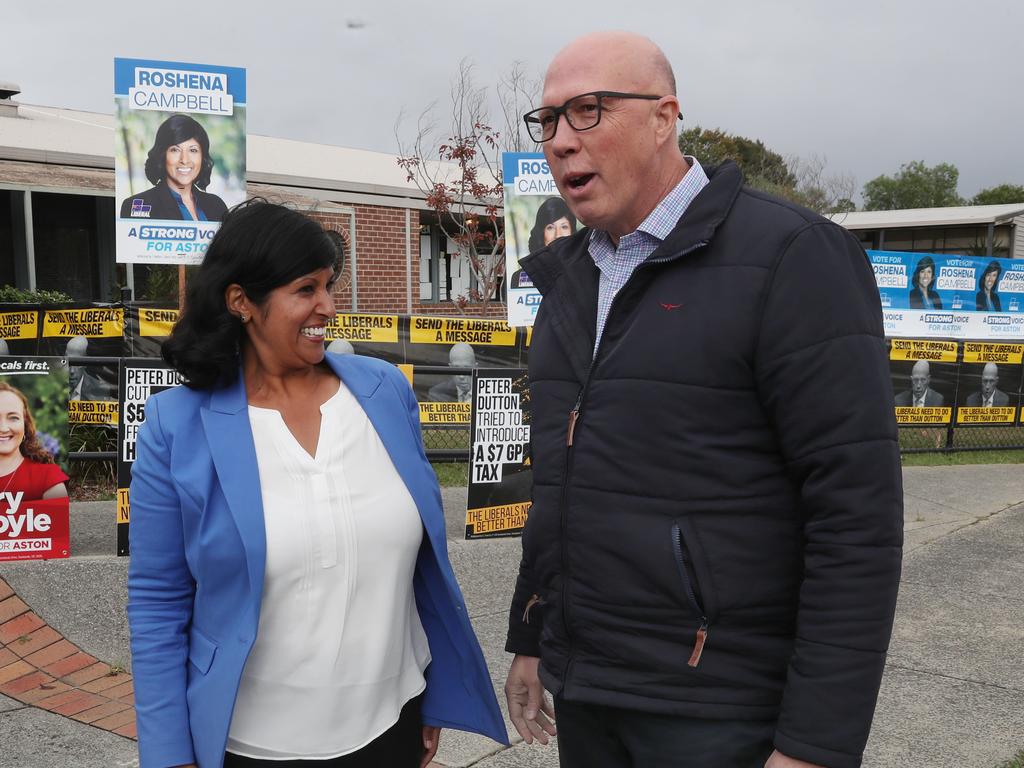
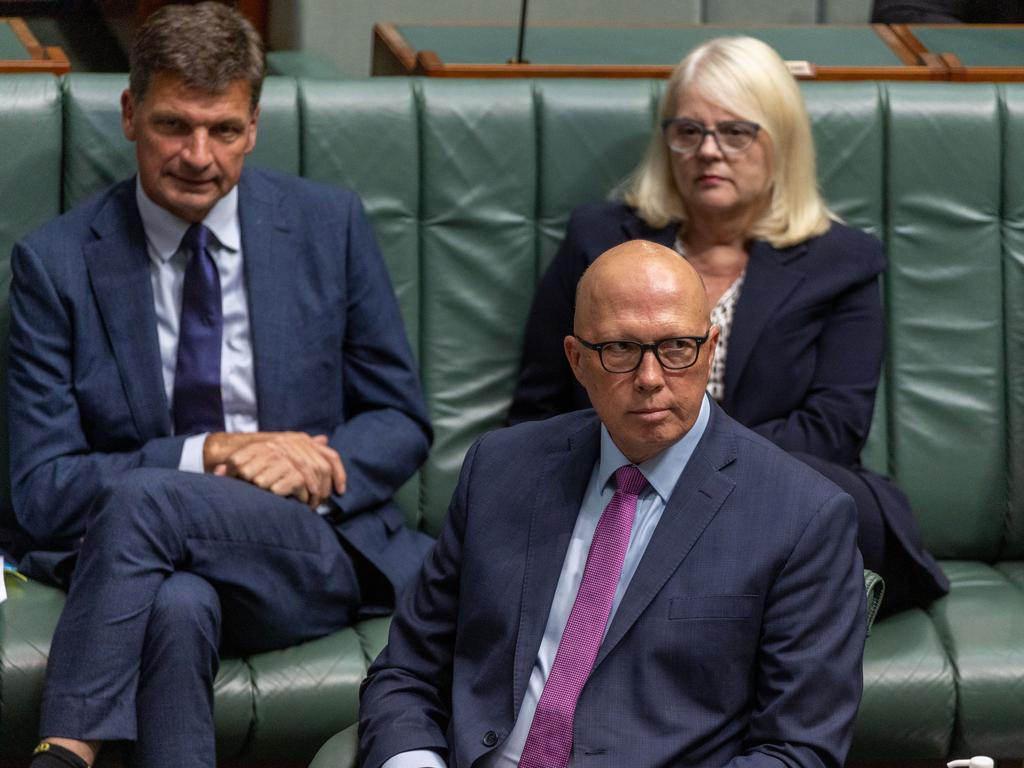

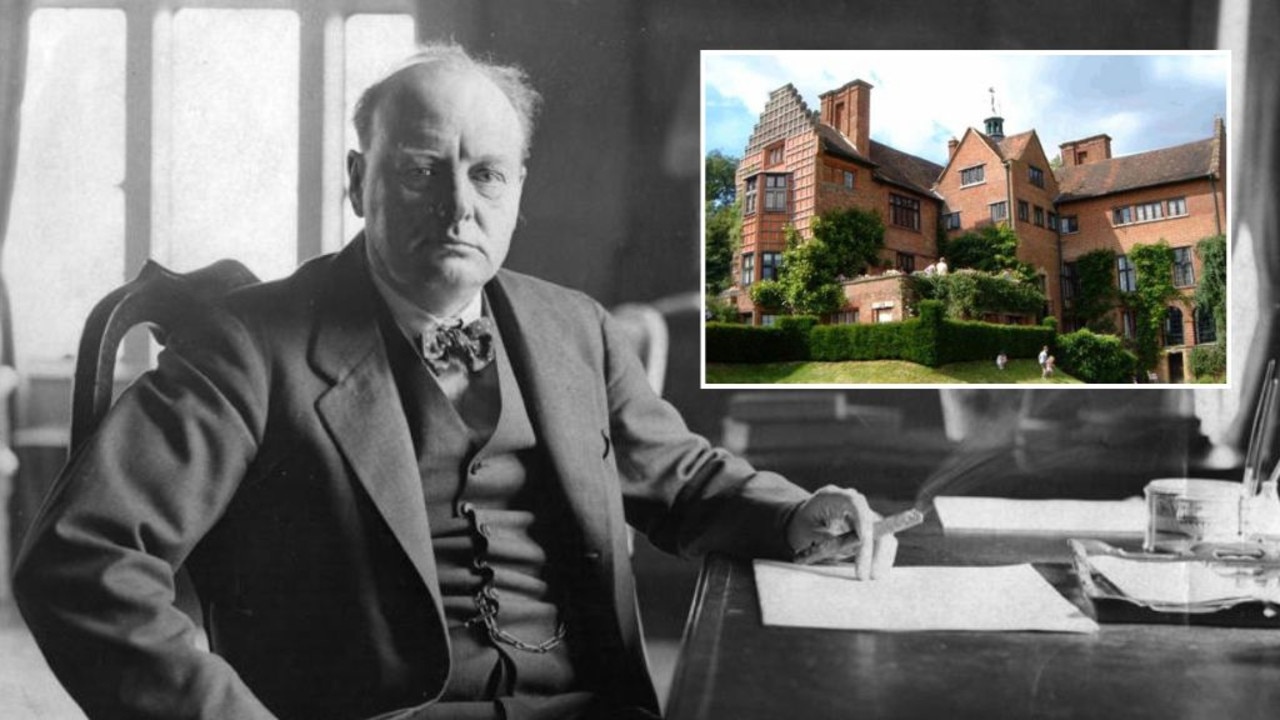
In October 2002, Britain’s Conservative Party gathered at Bournemouth, a traditional home for party gatherings, for a make-or-break conference for the new Conservative leader, Iain Duncan Smith. Accustomed to political ascendancy during the long period of Tory rule from 1979 to 1997, the Conservative Party was struggling to come to terms with its relegation to the opposition benches.